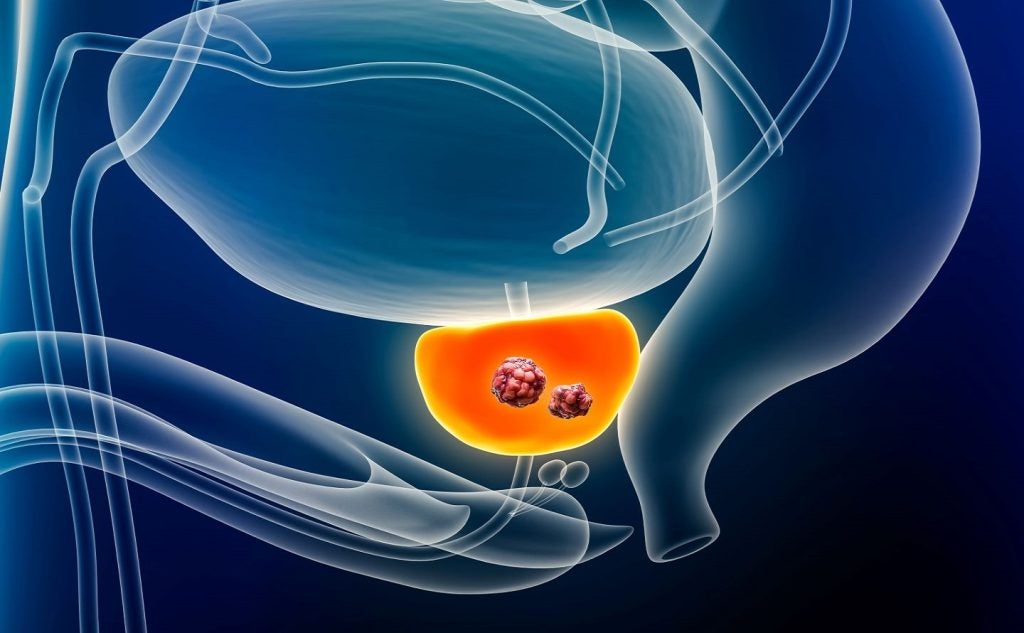SHL Telemedicine has presented initial data from two clinical trials of its SmartHeart, showing a reduction in hospital visits in post-myocardial infarction (MI) patients.
The results are from two clinical trials, HELP-MI and TELE-ACS, which are being conducted at the Mayo Clinic (US) and the Imperial College London (UK), respectively. The data was first presented at the Vulnerable Plaque and Patient Meeting (VPM) 2023 on 20 September.
SmartHeart is a battery-powered device with a 12-lead electrocardiogram (ECG) and rhythm strip. It transmits the ECG results via Bluetooth directly to a healthcare professional. It received 510(K) clearance from the US Food and Drug Administration (FDA) for remote patient monitoring in 2012.
As per a GlobalData report, the remote patient monitoring market is expected to be worth about $760m in 2030. This trend was fuelled by the increased demand for wearable and virtual care delivery technology during the Covid-19 pandemic and has been steadily growing due to the ease of remote monitoring technology.
SHL reported a total revenue of $29m in the first half of 2023, as per the company’s financials. The company plans to begin direct-to-customer sales for SmartHeart in the second half of 2023.
The data from the TELE-ACS trial showed that there was a 27.5% decrease in emergency room visits for post-MI patients upon using the SmartHeart device. Furthermore, hospital readmission rates in this patient group were decreased by 55%.
The HELP-ME trial data showed that the emergency room visits, and the hospital readmission rates were zero for in post-MI patients upon using the SmartHeart device.
Other advancements in the field include an FDA-cleared real-time, cloud-based ECG analytics software, AccurECG by AccurKardia. Apple has also added an ECG functionality in its Series 4 Apple Watch.















